Home>Construction & Tools>Building Materials>What Type Mortar For Stone Veneer
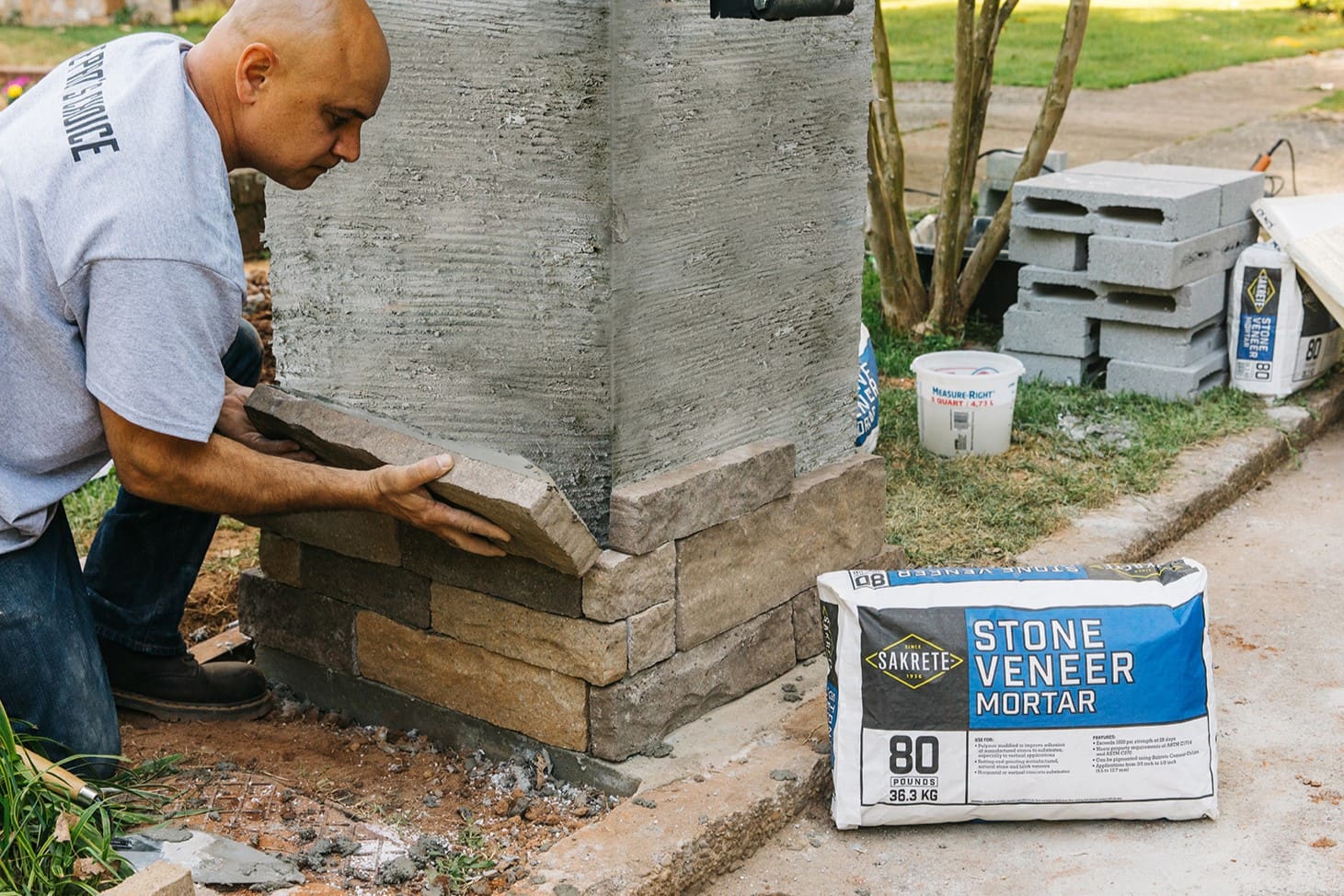

Building Materials
What Type Mortar For Stone Veneer
Modified: August 27, 2024
Find the best mortar for stone veneer projects with our guide. Learn about the ideal building materials and techniques for a successful installation.
(Many of the links in this article redirect to a specific reviewed product. Your purchase of these products through affiliate links helps to generate commission for Storables.com, at no extra cost. Learn more)
Introduction
Choosing the right mortar for stone veneer installation is a critical decision that significantly impacts the longevity, stability, and aesthetic appeal of the project. As a crucial element in the construction process, the mortar serves as the binding agent that secures the stone veneer to the substrate, ensuring durability and structural integrity. Understanding the various types of mortar available and their suitability for different applications is essential for achieving a successful and visually appealing outcome.
In this comprehensive guide, we will explore the importance of selecting the appropriate mortar for stone veneer installation, delve into the different types of mortar commonly used in this context, and discuss the key factors to consider when making this crucial choice. By gaining insights into these aspects, homeowners, contractors, and DIY enthusiasts can make informed decisions to ensure the optimal performance and visual impact of their stone veneer projects. Let's embark on this journey to uncover the intricacies of mortar selection for stone veneer applications.
Key Takeaways:
- Choose the right mortar for stone veneer to ensure stability, weather resistance, and visual appeal. Factors like substrate compatibility and environmental exposure are crucial for a successful installation.
- Different types of mortar, from Portland cement to polymer-modified options, offer unique properties for various applications. Consider factors like stone veneer characteristics and performance requirements when making your selection.
Read more: What Is Stone Veneer Siding
Importance of Choosing the Right Mortar
When embarking on a stone veneer installation project, the significance of selecting the appropriate mortar cannot be overstated. The mortar not only serves as the adhesive that bonds the stone veneer to the substrate but also plays a crucial role in ensuring the structural integrity and longevity of the installation. Here are several key reasons why choosing the right mortar is of paramount importance:
- Structural Stability: The mortar acts as the primary support system for the stone veneer, bearing the weight and providing stability. A well-chosen mortar helps distribute the load evenly, preventing potential stress points and ensuring the long-term structural integrity of the installation.
- Weather Resistance: Proper mortar selection is vital for enhancing the installation’s resistance to environmental factors such as moisture, temperature fluctuations, and freeze-thaw cycles. The right mortar can help mitigate water penetration and minimize the risk of damage caused by adverse weather conditions.
- Visual Appeal: The mortar significantly contributes to the overall aesthetic of the stone veneer installation. The color, texture, and consistency of the mortar can greatly influence the appearance of the finished project, making it essential to choose a mortar that complements the chosen stone veneer and desired design aesthetic.
- Durability: A well-matched mortar ensures a durable bond between the stone veneer and the substrate, minimizing the risk of delamination or displacement over time. This durability is essential for maintaining the installation’s appearance and structural soundness in the face of everyday wear and tear.
- Application Specificity: Different stone veneer applications, such as interior accent walls, exterior facades, or fireplace surrounds, may require specific mortar characteristics to accommodate factors like exposure to moisture, temperature differentials, or seismic activity. Choosing a mortar tailored to the application can optimize performance and longevity.
By recognizing the critical role of mortar in stone veneer installations and understanding the impact of proper selection on structural integrity, visual appeal, and long-term performance, individuals can make informed choices to ensure the success of their projects. The next section will explore the various types of mortar commonly used for stone veneer applications, providing valuable insights into their unique characteristics and suitability for different project requirements.
Types of Mortar for Stone Veneer
When it comes to stone veneer installations, different types of mortar are available, each with distinct properties and applications. Understanding the characteristics of these mortars is crucial for selecting the most suitable option for a specific project. Here are some common types of mortar used for stone veneer applications:
- Portland Cement Mortar: This type of mortar is a blend of Portland cement, sand, and water, offering excellent strength and durability. It is commonly used for stone veneer installations due to its versatility and compatibility with various substrates. Portland cement mortar provides a strong bond and is suitable for both interior and exterior applications.
- Modified Thinset Mortar: Modified thinset mortar is a blend of Portland cement, fine aggregates, and a polymer additive, enhancing its adhesive and flexibility properties. It is particularly well-suited for thin stone veneer installations, providing a secure bond and accommodating the lightweight nature of these veneers.
- Polymer-Modified Mortar: Polymer-modified mortar contains a polymer additive, which improves its bond strength, flexibility, and resistance to moisture. This type of mortar is ideal for exterior stone veneer applications, offering enhanced durability and weather resistance, making it suitable for areas exposed to the elements.
- Masonry Cement Mortar: Masonry cement mortar is a combination of masonry cement, sand, and water. It is specifically formulated for masonry applications, including stone veneer installations. This mortar type offers excellent workability and bond strength, making it a popular choice for both interior and exterior projects.
- Hydraulic Setting Mortar: Hydraulic setting mortar is designed to cure and set rapidly, facilitating efficient installation. It is suitable for projects requiring expedited completion, providing a reliable bond and allowing for quicker progress during the installation process.
Each type of mortar possesses unique characteristics that make it suitable for specific applications and project requirements. By understanding the properties and benefits of these mortars, individuals can make informed decisions when selecting the most appropriate option for their stone veneer installations. The next section will delve into the essential factors to consider when choosing the right mortar, empowering homeowners, contractors, and DIY enthusiasts to make educated choices for their projects.
Use Type S or N mortar for stone veneer installation. Type S is stronger and more durable, while Type N is easier to work with. Always follow the manufacturer’s recommendations for the specific stone veneer product.
Factors to Consider When Choosing Mortar
When selecting the most suitable mortar for a stone veneer installation, several crucial factors should be taken into account to ensure optimal performance, longevity, and visual appeal. By carefully considering these factors, individuals can make informed decisions that align with the specific requirements of their projects. Here are key considerations to keep in mind when choosing mortar for stone veneer applications:
- Substrate Compatibility: Assessing the compatibility of the mortar with the substrate is essential to achieve a strong and lasting bond. Different substrates, such as concrete, masonry, or wood, may require specific mortar formulations to ensure proper adhesion and structural integrity.
- Environmental Exposure: Consider the environmental conditions to which the stone veneer installation will be exposed. Factors such as moisture, temperature variations, and exposure to sunlight can influence the choice of mortar, with some formulations offering enhanced resistance to specific environmental stressors.
- Application Type: The intended application of the stone veneer, whether for interior accent walls, exterior facades, fireplaces, or other features, can dictate the most suitable mortar type. Different applications may require specific mortar characteristics to accommodate factors such as weather exposure, seismic activity, or moisture resistance.
- Stone Veneer Characteristics: Consider the properties of the chosen stone veneer, including its weight, thickness, and porosity. These characteristics can impact the mortar selection, as certain types of stone veneer may require specialized mortars to ensure a secure and durable bond.
- Color and Texture: The visual impact of the mortar should not be overlooked. Matching the mortar color and texture to the stone veneer can significantly enhance the overall aesthetic appeal of the installation, creating a cohesive and harmonious appearance.
- Performance Requirements: Evaluate the specific performance requirements of the project, such as load-bearing capacity, flexibility, and durability. Choosing a mortar that aligns with these performance needs is crucial for ensuring the long-term success of the stone veneer installation.
By carefully evaluating these factors and their relevance to the project at hand, individuals can make informed decisions when selecting the most suitable mortar for their stone veneer installations. This thoughtful approach not only enhances the structural integrity and durability of the installation but also contributes to its visual appeal and long-term performance. As we conclude this exploration of mortar selection for stone veneer applications, it is evident that informed decision-making plays a pivotal role in achieving successful and enduring results.
Conclusion
As we conclude our journey through the intricacies of mortar selection for stone veneer installations, it becomes clear that the choice of mortar plays a pivotal role in determining the success, durability, and visual appeal of these projects. By recognizing the importance of selecting the right mortar and understanding the diverse types available, individuals can make informed decisions that align with their specific project requirements.
The critical role of mortar in providing structural stability, weather resistance, and visual cohesion cannot be overstated. From Portland cement mortar to polymer-modified options, each type offers unique properties that cater to different applications and environmental conditions. By carefully considering factors such as substrate compatibility, environmental exposure, and performance requirements, individuals can choose a mortar that ensures a secure and enduring bond between the stone veneer and the substrate.
Furthermore, the visual impact of the mortar should not be overlooked, as its color and texture can significantly influence the overall aesthetic appeal of the stone veneer installation. By harmonizing the mortar with the chosen stone veneer, a cohesive and visually striking outcome can be achieved.
Ultimately, the informed selection of mortar for stone veneer applications empowers homeowners, contractors, and DIY enthusiasts to embark on projects that not only exhibit structural integrity and durability but also exude timeless visual appeal. By leveraging the insights shared in this guide, individuals can navigate the complexities of mortar selection with confidence, knowing that their choices are aligned with the specific needs and nuances of their stone veneer installations.
As mortar stands as the cornerstone of a successful stone veneer project, its careful selection and application pave the way for enduring beauty and resilience. With a deep understanding of mortar types, their properties, and the factors influencing their selection, individuals are poised to embark on stone veneer installations that stand the test of time, embodying both strength and aesthetic allure.
Frequently Asked Questions about What Type Mortar For Stone Veneer
Was this page helpful?
At Storables.com, we guarantee accurate and reliable information. Our content, validated by Expert Board Contributors, is crafted following stringent Editorial Policies. We're committed to providing you with well-researched, expert-backed insights for all your informational needs.
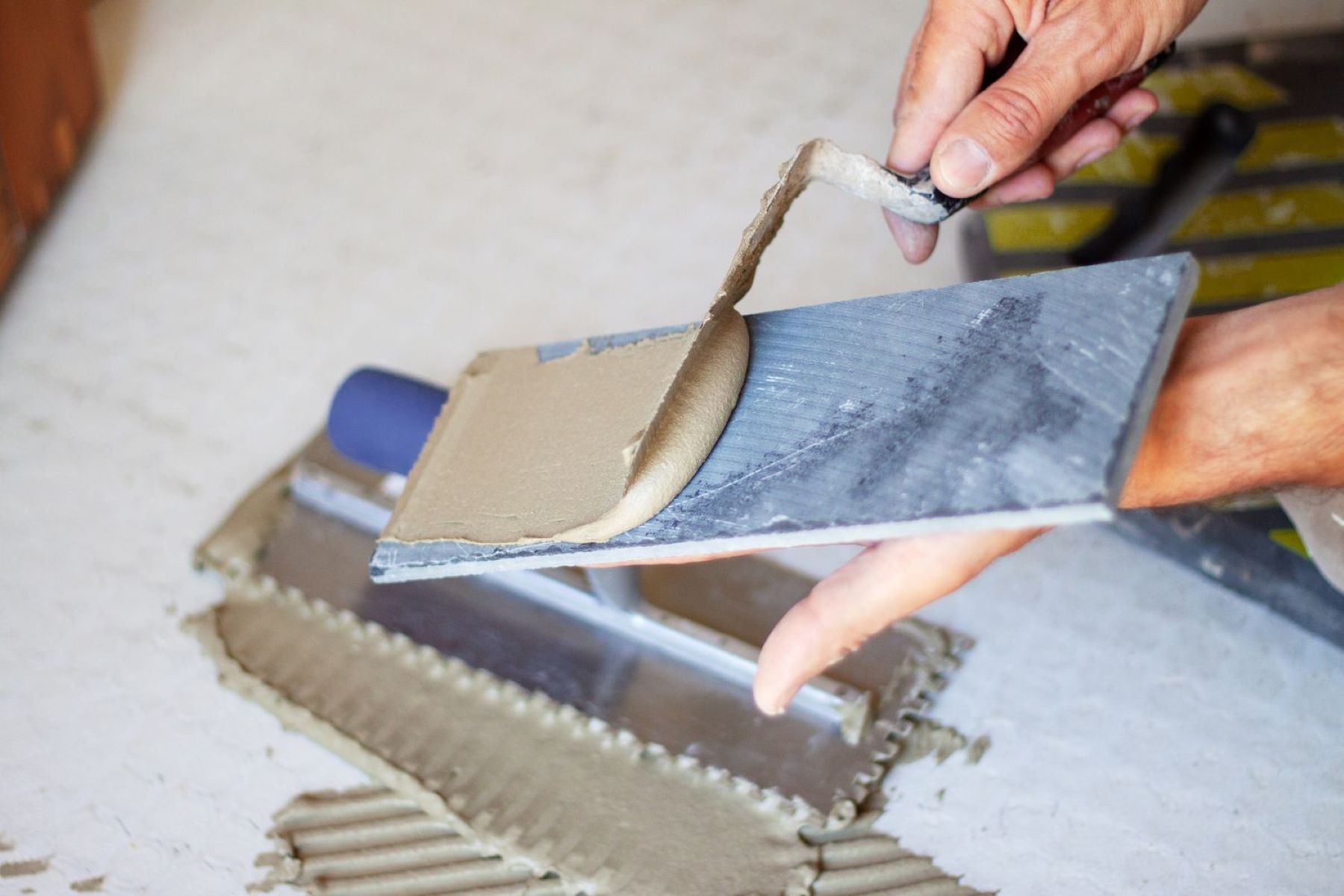
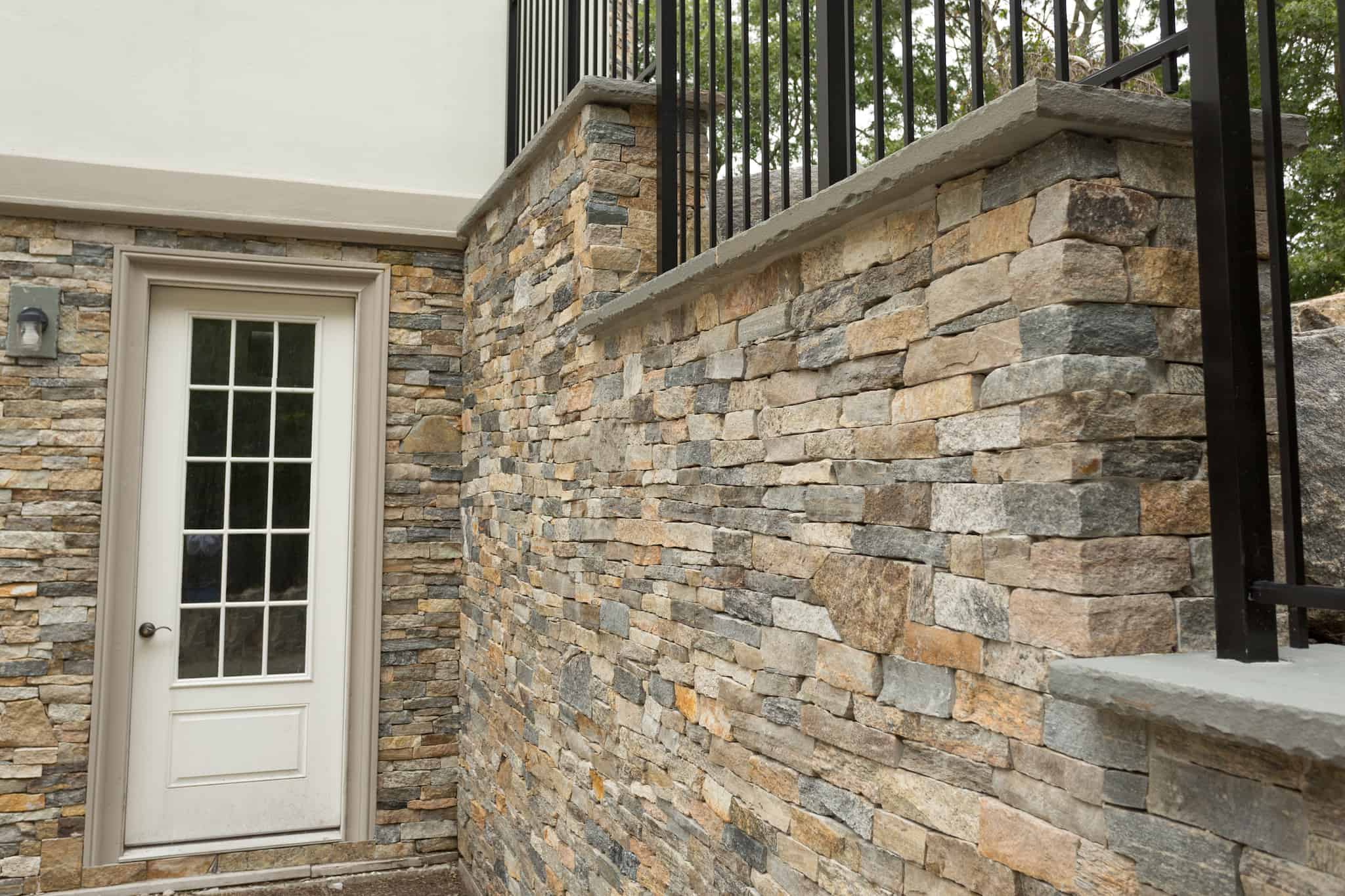
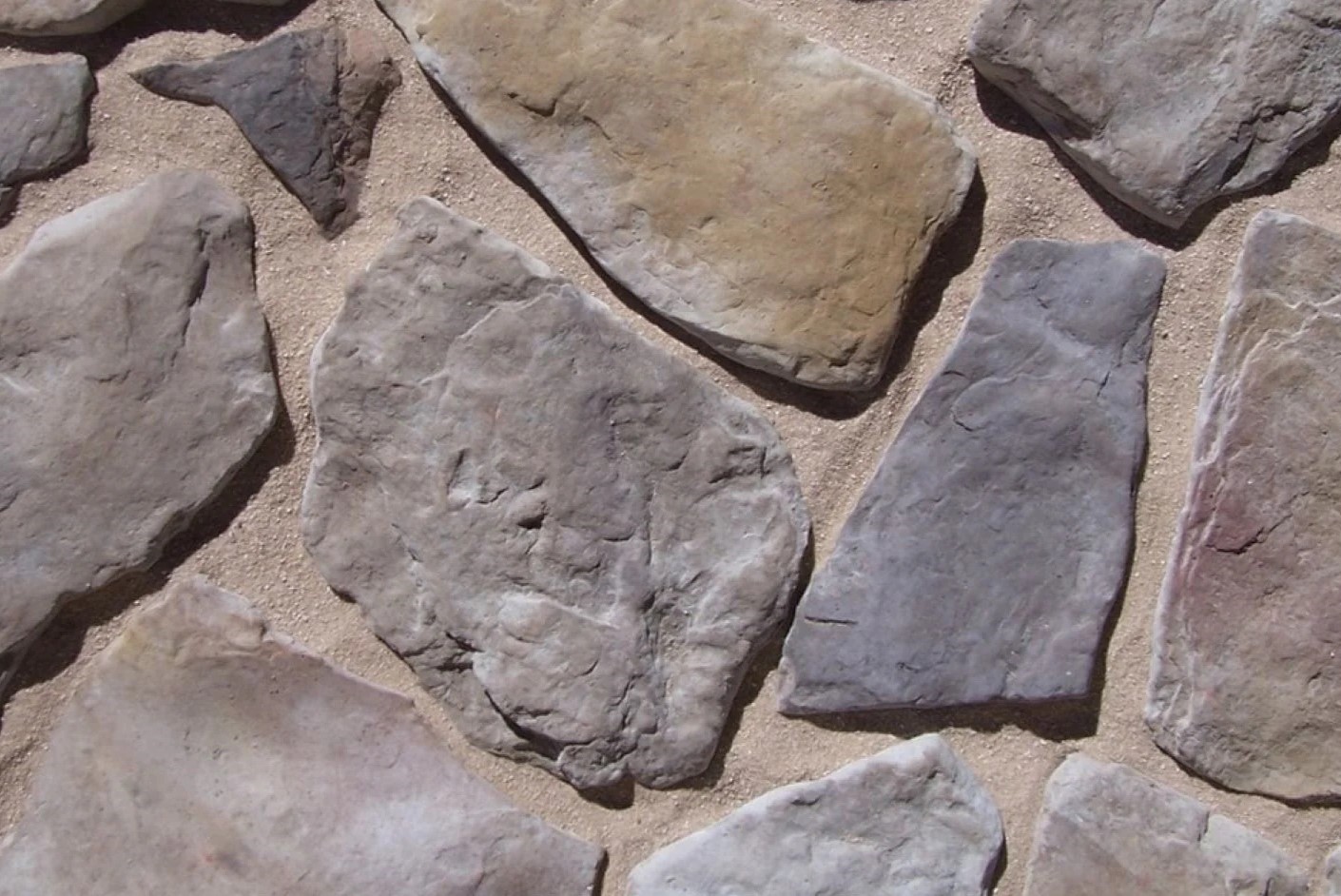
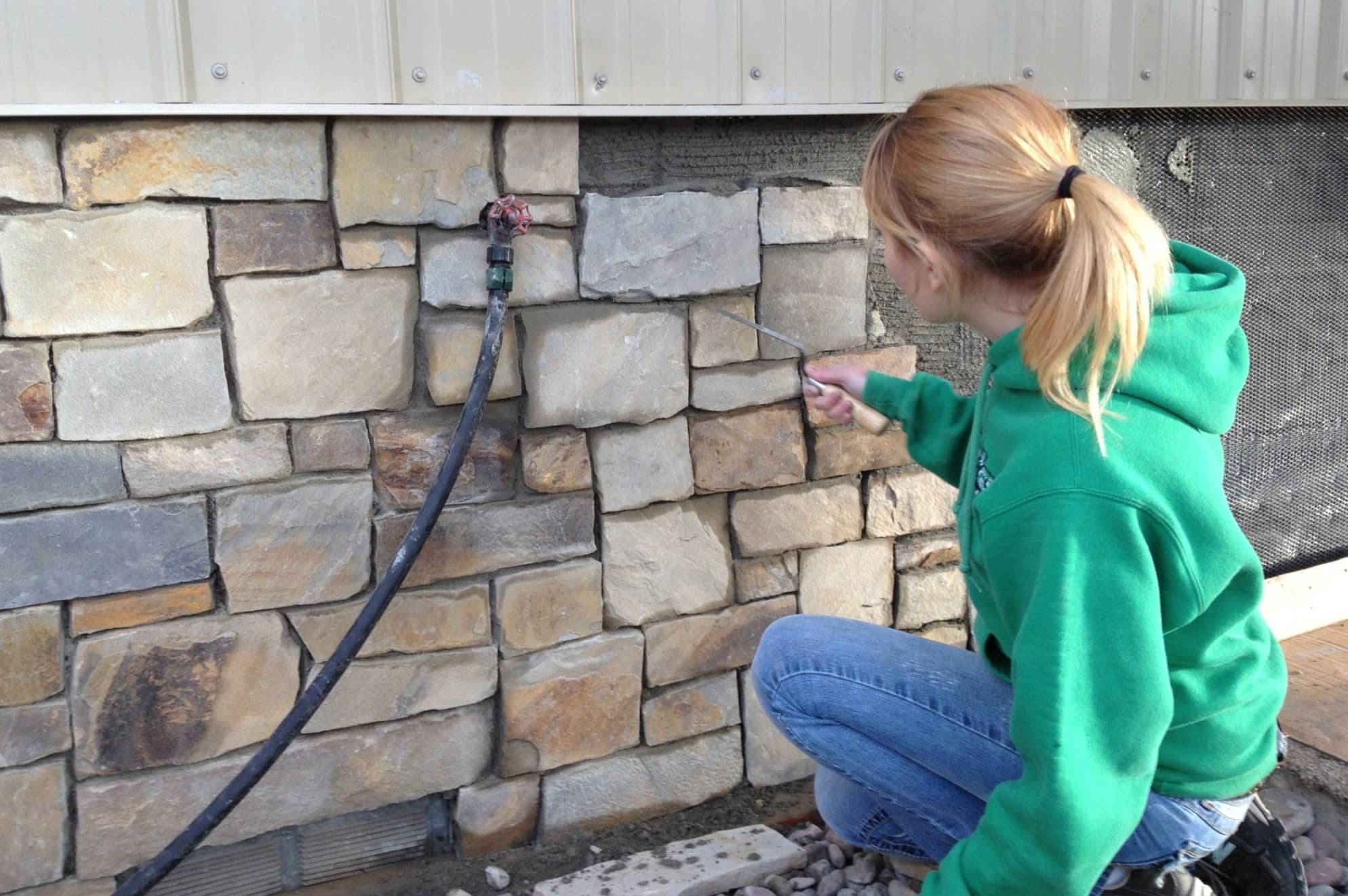
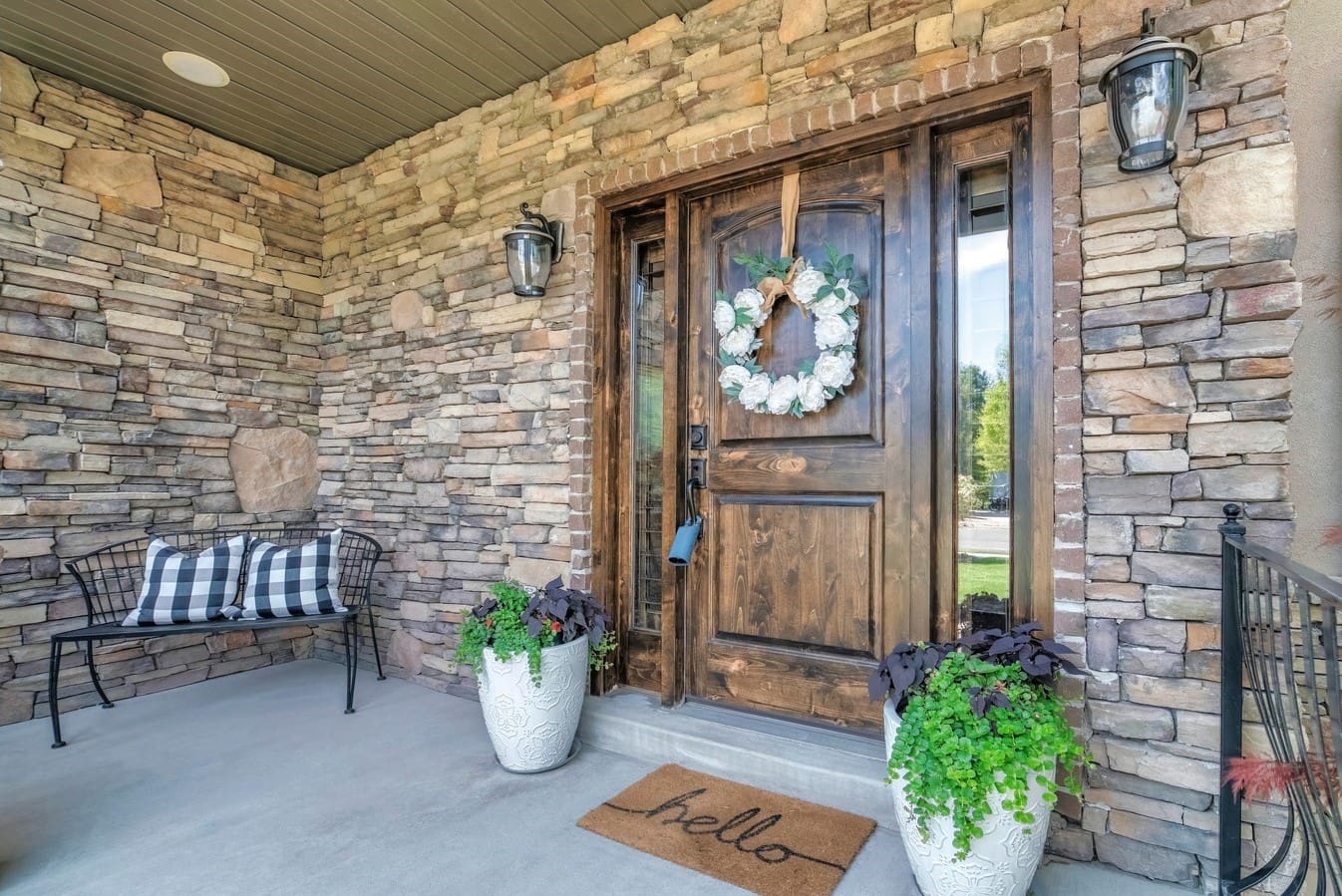
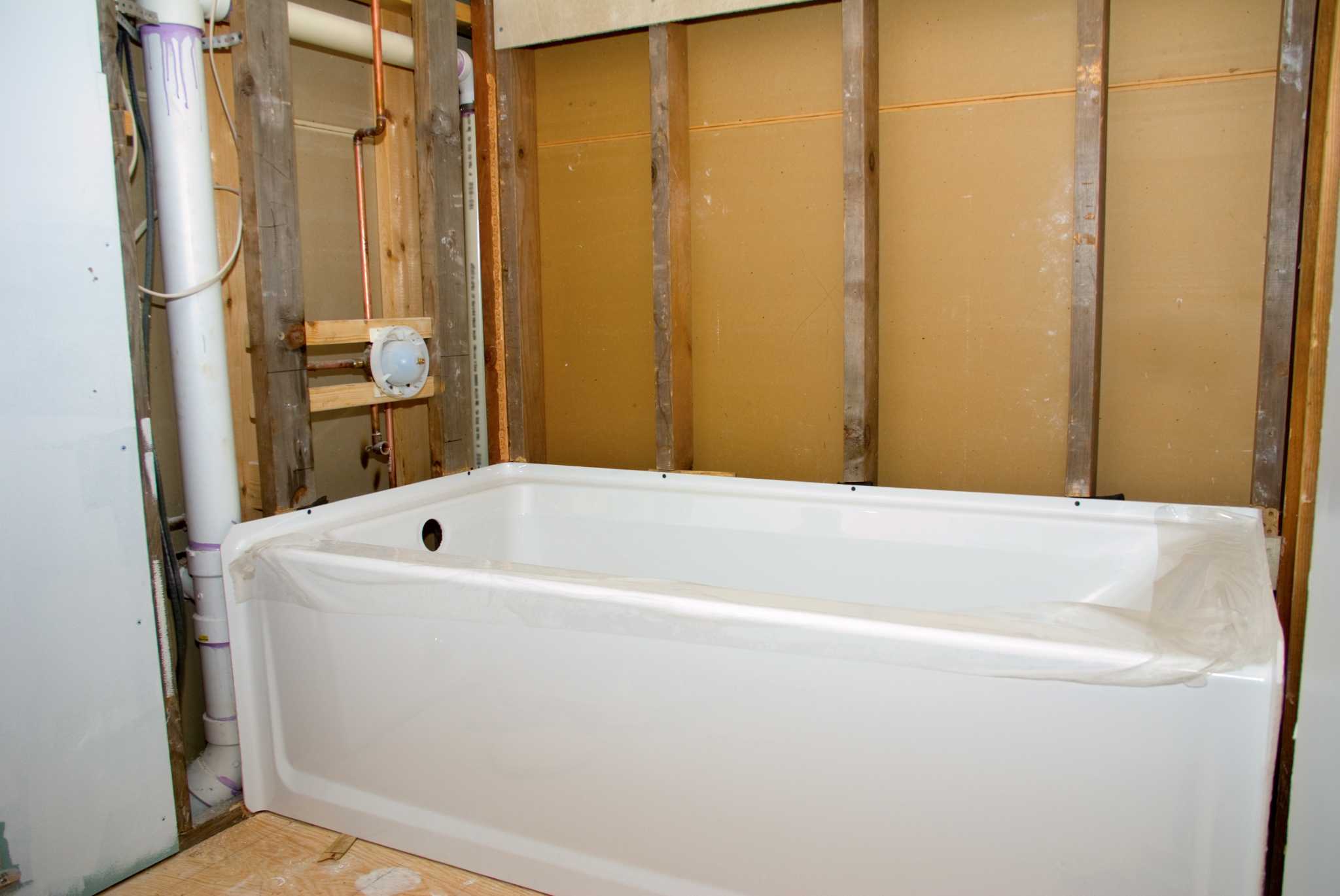

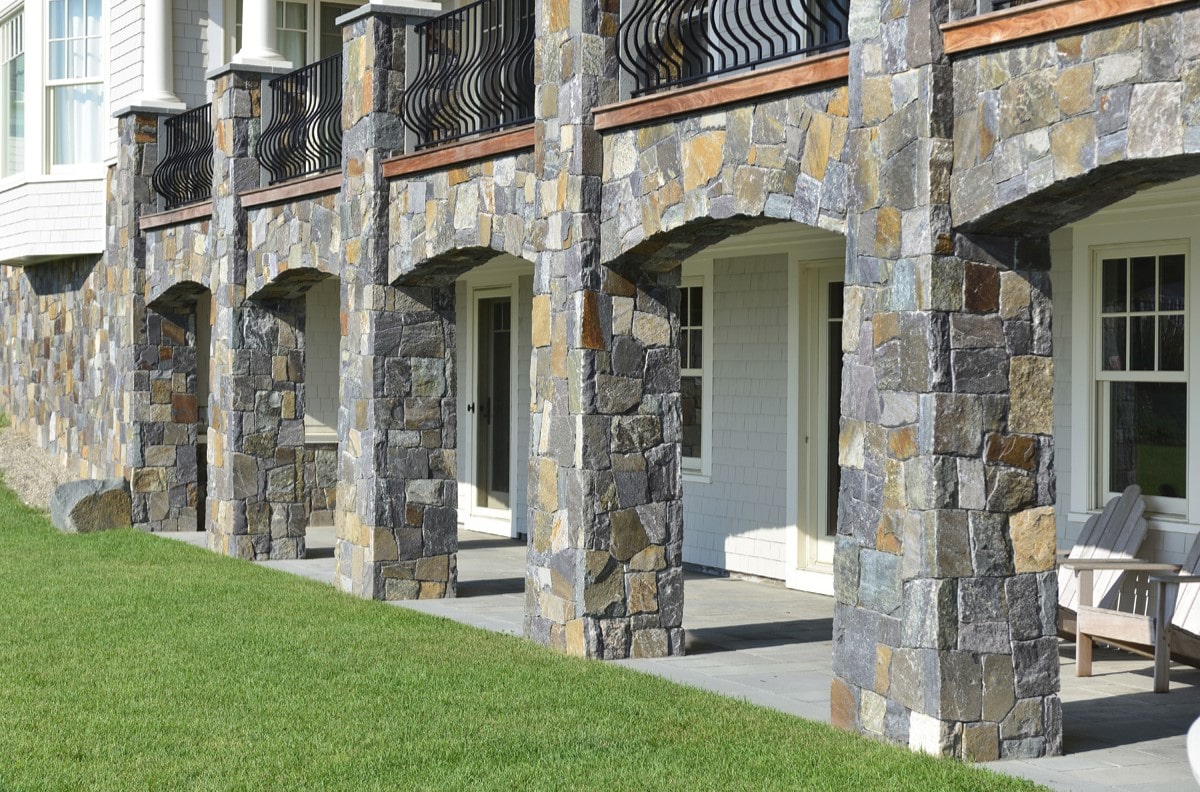
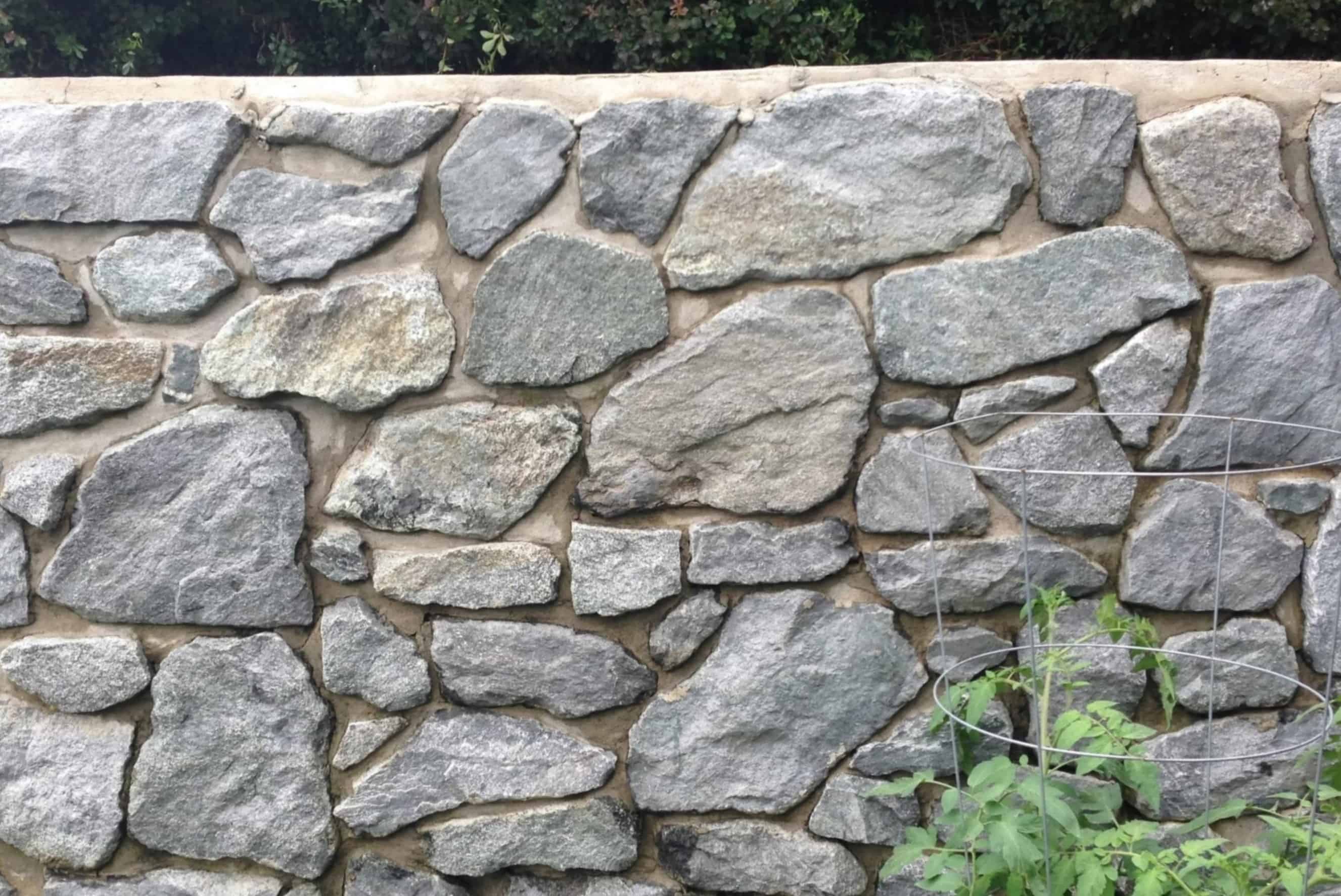
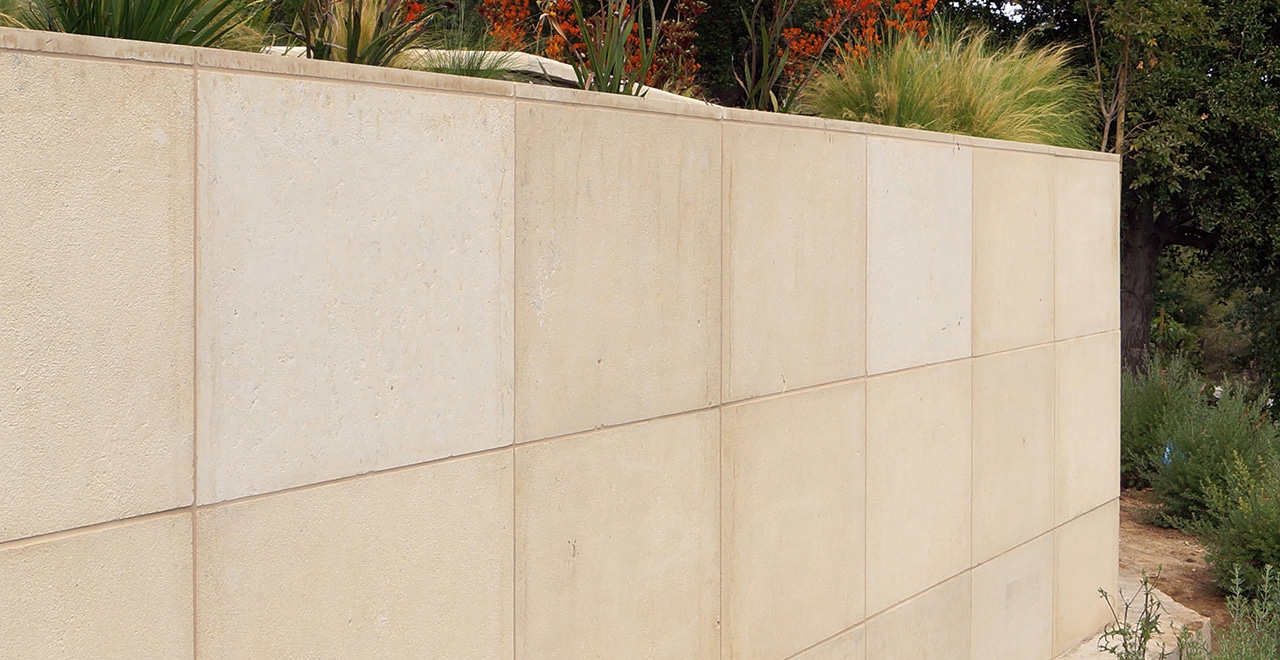
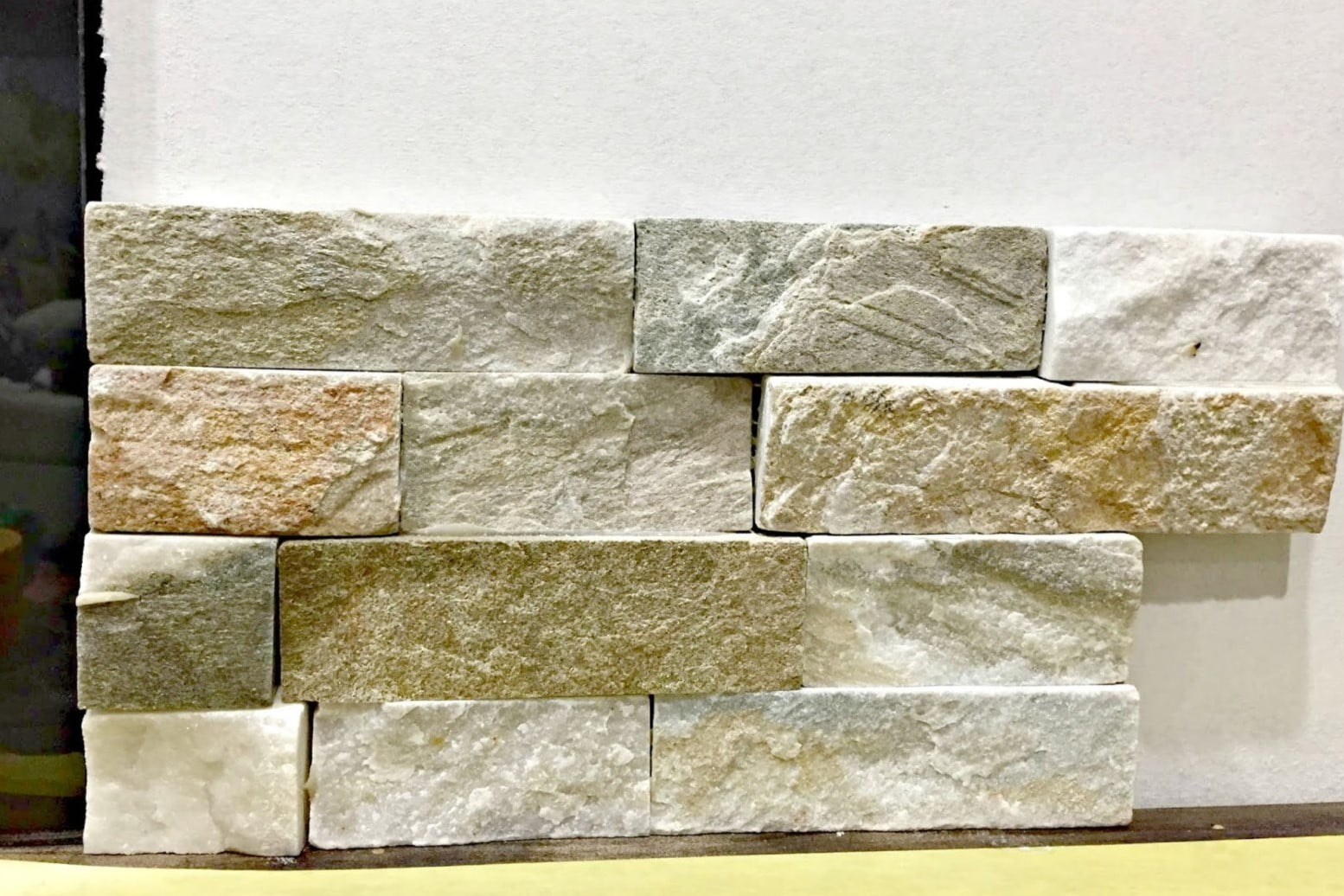
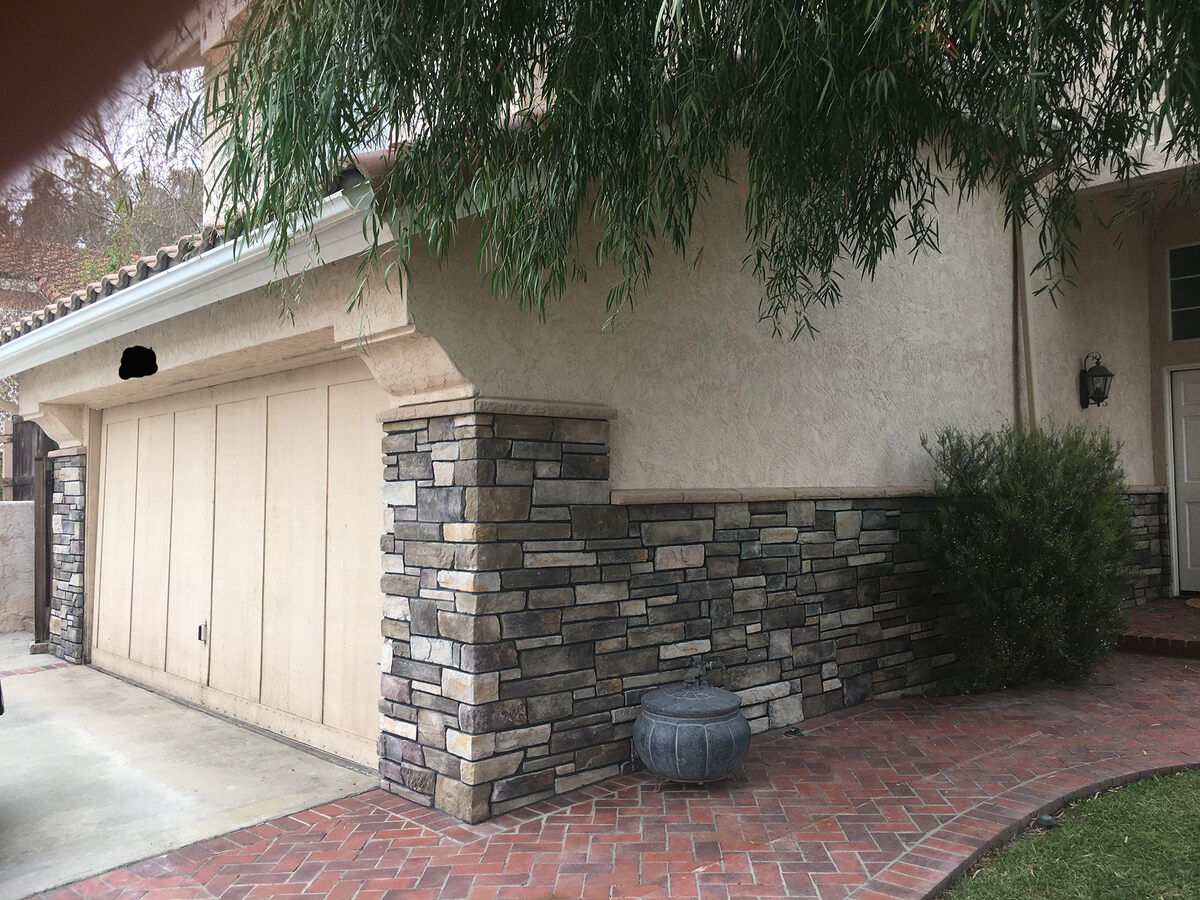
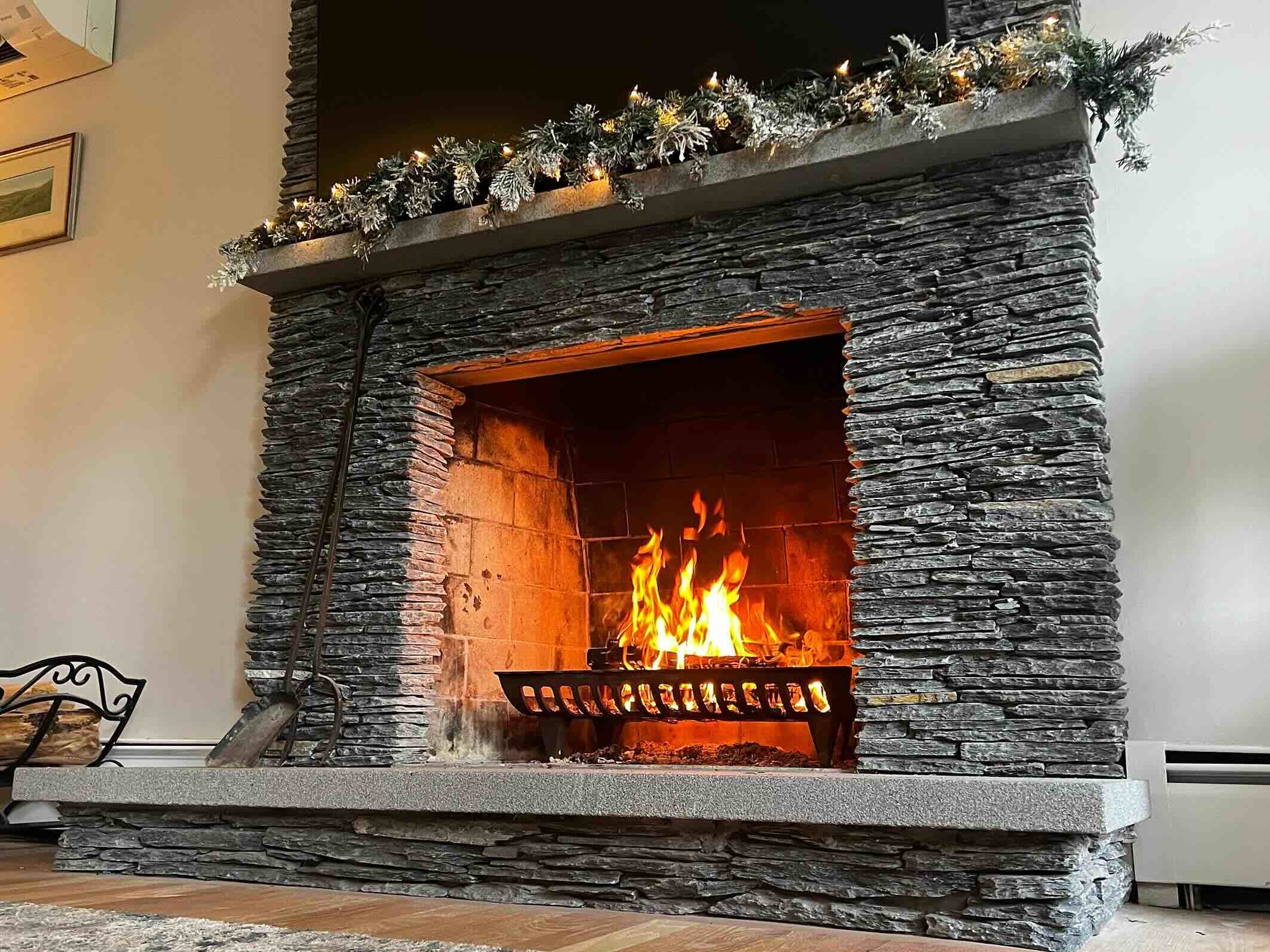
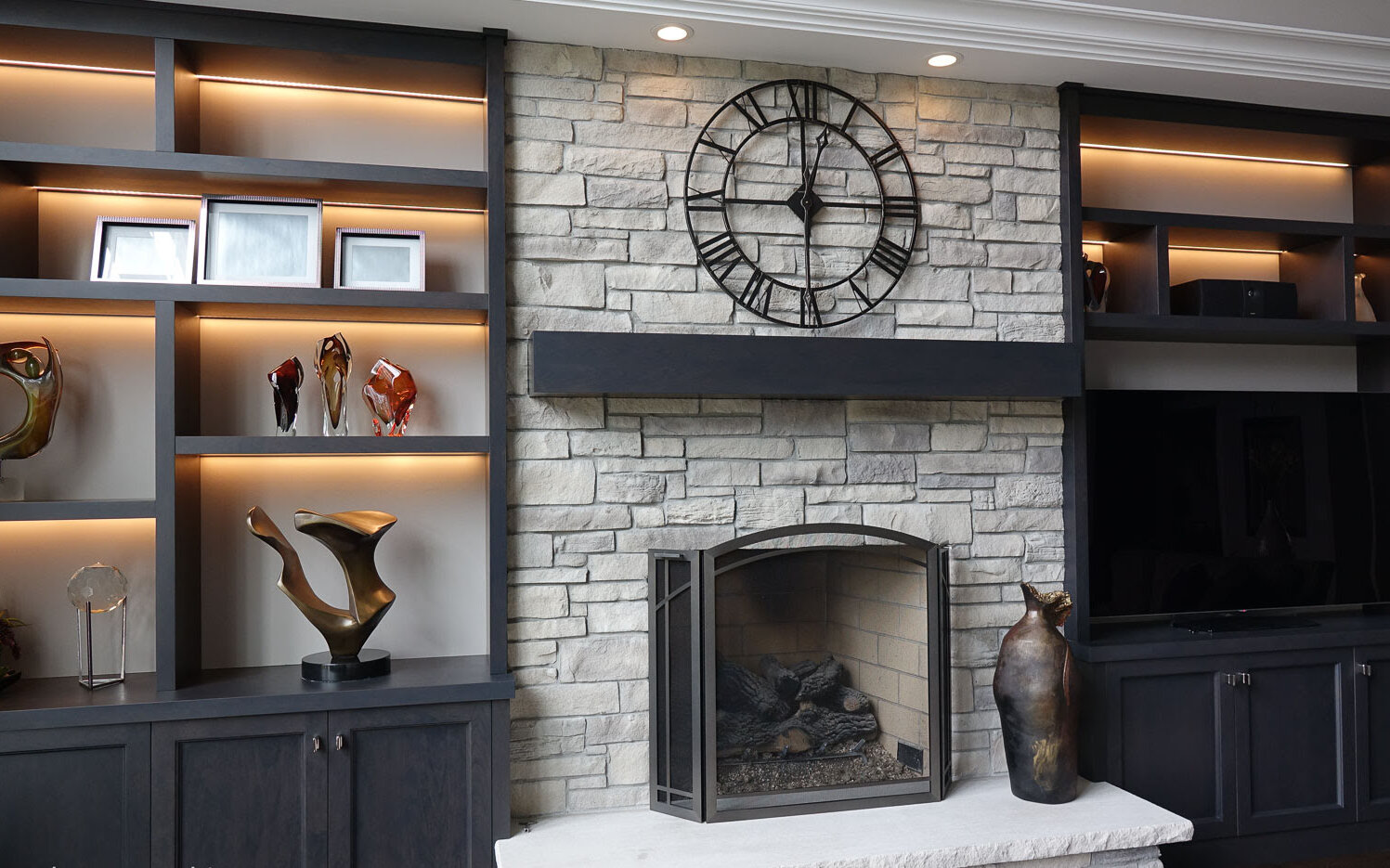
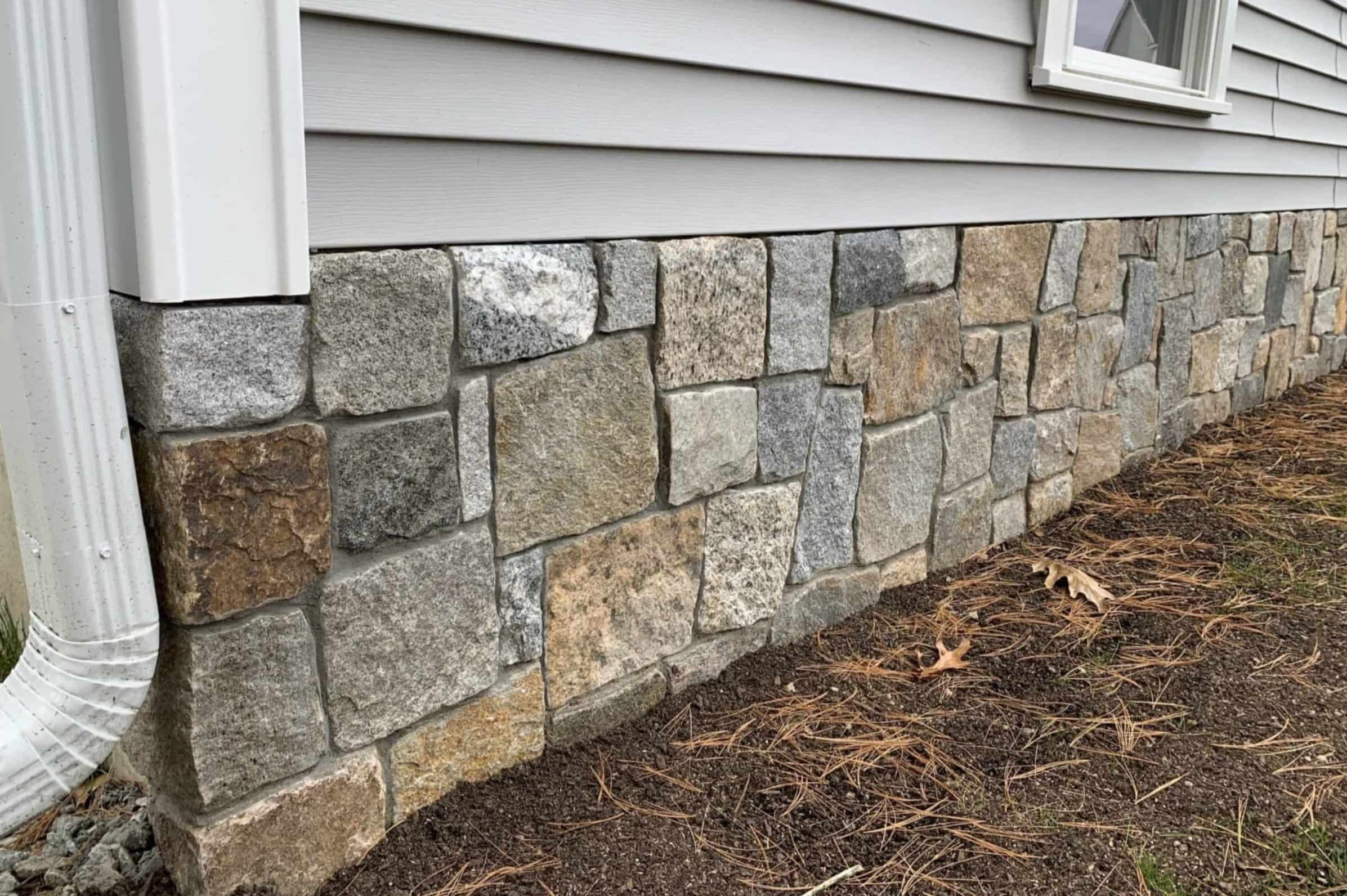

0 thoughts on “What Type Mortar For Stone Veneer”